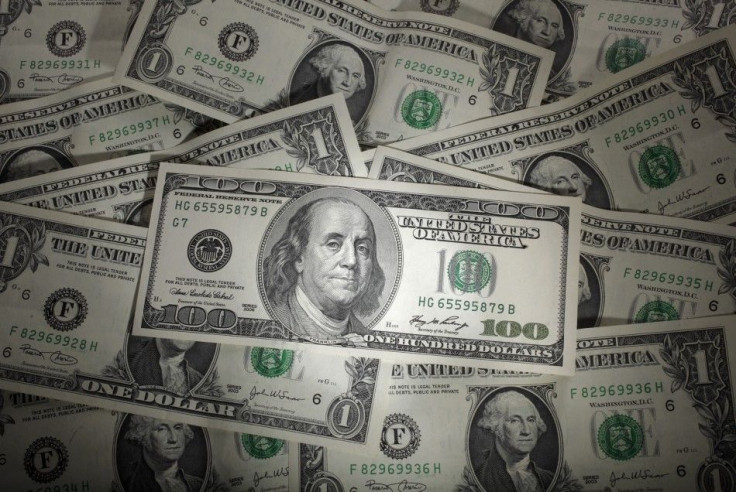Will U.S. Debt Ceiling Impasse Ever Rattle the Bond Market?
(COLUMN)

Time and time again, Washington has shown itself incapable of coming up with a solution to the U.S. debt ceiling impasse. Meanwhile, August 2 looms closer and closer.
Many, including Treasury Secretary Timothy Geithner, still believe that a deal will (or must) be struck before the dreadful deadline. Still, Geithner remarked on CNN that it's still not a good idea to have the risk of default hanging over the US economy and markets in the meantime.
Similarly, the Chinese, rating agencies, and big private investors have all warned against the dangers of default.
Yet the market, the most authoritative voice on the subject at hand, doesn't seem to be rattled. In fact, in the last six months, Treasuries keep on going higher and higher.
Make no mistake. A looming default, even if it's a temporary technical default, is unquestionably a negative for the Treasuries market.
However, positive factors are overriding this negative. Perhaps the biggest boost is the end of QE2 and Federal Reserve Chairman Ben Bernanke's assessment that the trade-offs for QE3 is "less attractive."
Moreover, Treasuries are likely benefitting from its safe haven status in this period of heightened uncertainty, during which companies and financiers are hoarding an obscene amount of cash. Indeed, despite what doomsday prophets claim, US Treasuries are still the safest place to park one's money.
The risk, when it comes to Treasuries, is inflation and debt monetization, which makes the real value of Treasuries worth less. It's also the only substantive way the U.S. government will ever "default" on its debt.
Getting a nominal return is usually a none-risk and none-issue. Come August 2, it might become an issue, but likely not the dominant one.
Historically, Treasuries always responded to big events in monetary policy and inflation. In 2011, it's dominated by the Federal Reserve's stance toward debt monetization.
The threat of default introduces a new factor into the equation, but it'll likely play a secondary role, even in the unlikely event that a deal isn't reached by August 2.
© Copyright IBTimes 2024. All rights reserved.





















